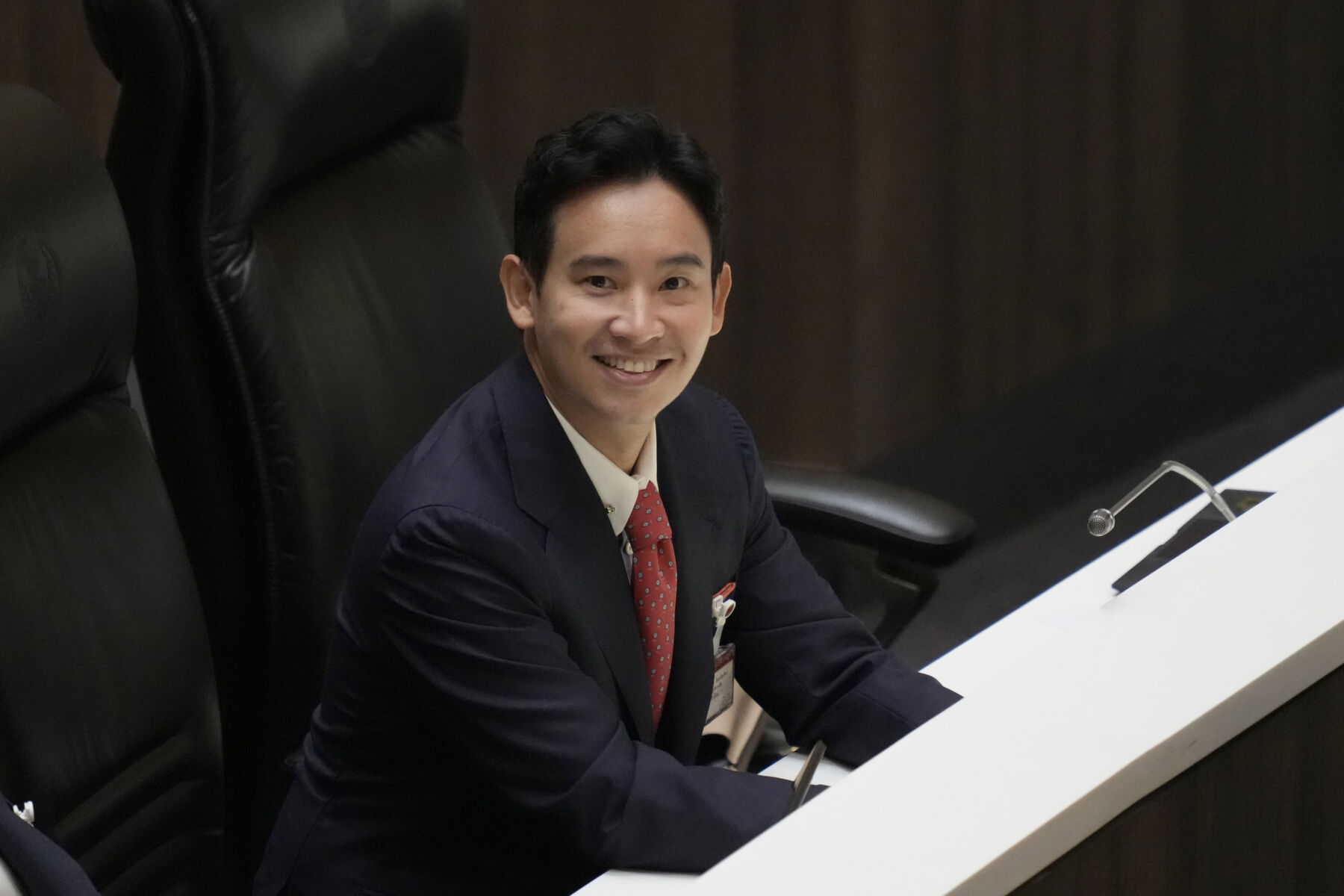EC defends actions amid criticism over MFP Pita Limjaroenrat’s eligibility debacle

Engulfed in the turmoil stirred by criticism over the eligibility of Move Forward Party (MFP) leader Pita Limjaroenrat, the Election Commission (EC) staunchly defends its actions. Critics, including Pita, have insinuated that he was not given the rightful opportunity to counter the allegations before the case saw its day in court.
The EC, in a strong-worded statement, clarified that the concerns in question revolve around Pita’s standing as a Member of Parliament (MP). They stated that belief and evidence both point towards a cessation of his MP status, due to certain specifics that warrant the annulment of such a position.
Further solidifying their stance, the EC accentuated that their actions strictly adhered to Section 82 of the constitution. This particular enactment empowers them to promptly present a case to the Constitutional Court. The provision applies to scenarios when the EC, bolstered by tangible evidence, is convinced that the MP status of an individual has been rendered invalid as a consequence of circumstances mentioned in the constitution.
The EC justified its stance by referring to twins rulings from 2019 which were related to the proceedings of Section 82 cases. The commission emphasised that they are under no obligation to summon Pita over the matter, allowing him a chance to address the charges or present a defence. This opportunity is due to be provided when the case is presented in court.
Further elaborating on the measures undertaken, the EC emphasized the thorough scrutiny that went into the exploration of Pita’s case. This in-depth examination led them to the decision of presenting the matter before the court. The choice was based solely on the evidence and facts discovered during the antecedent fact-finding mission.
Keeping in line with the seamless functioning of their role, the EC pointed out their inability to deliver the final verdict on the invalidation of an MP’s status or the reasons accentuating the same. They maintained that they had displayed no urgency in taking the case of Pita to court, mirroring the established procedures in their chosen course of action.
Latest Thailand News
Follow The Thaiger on Google News:


























